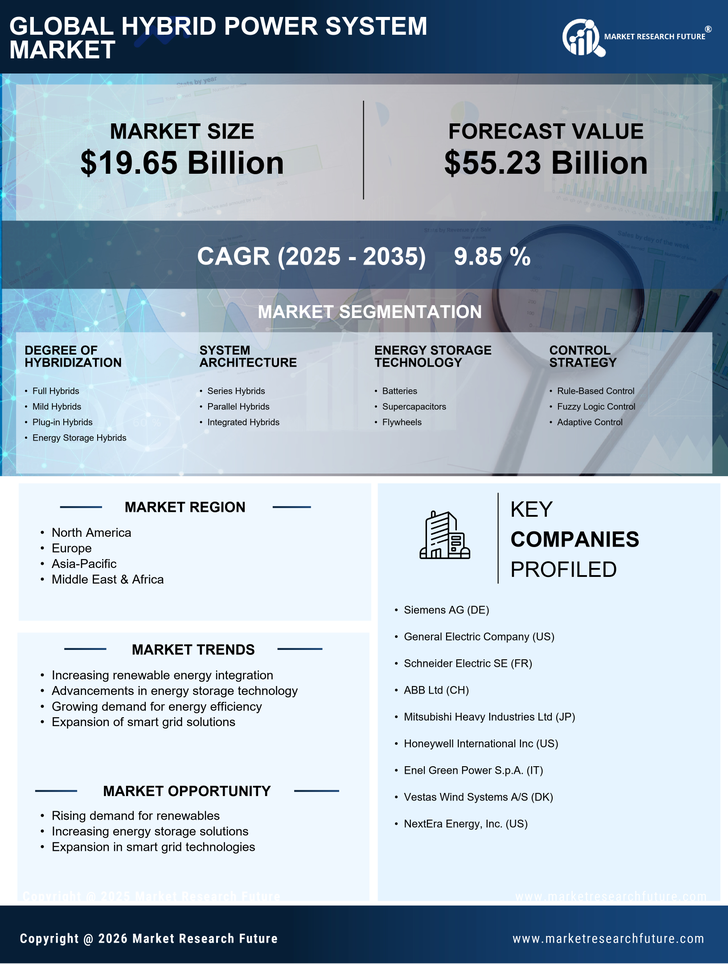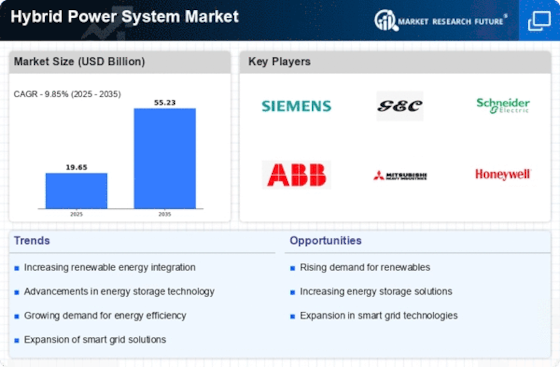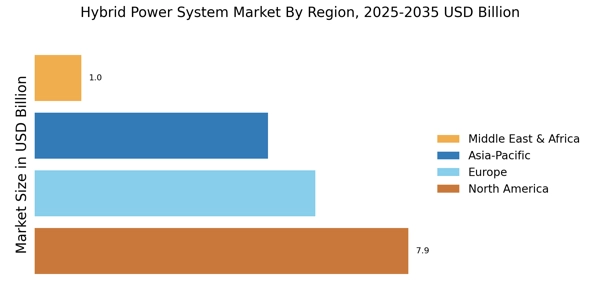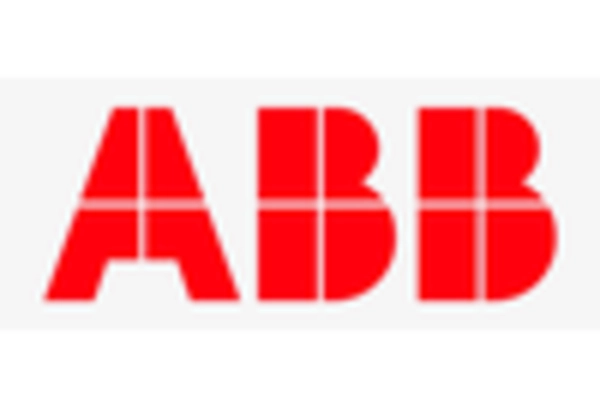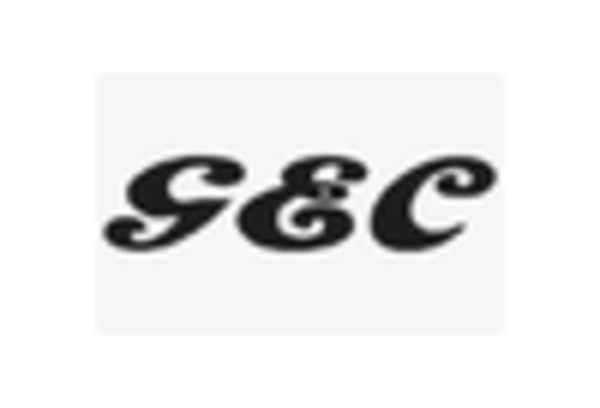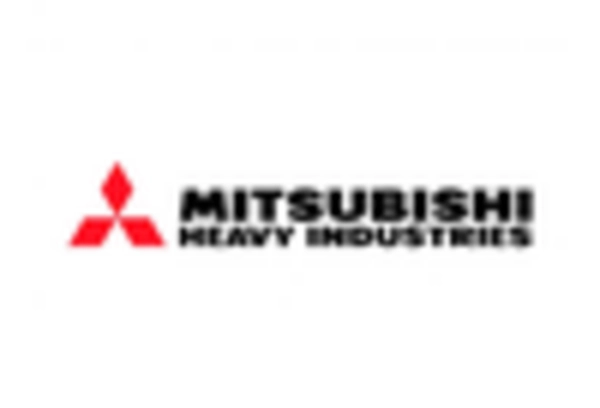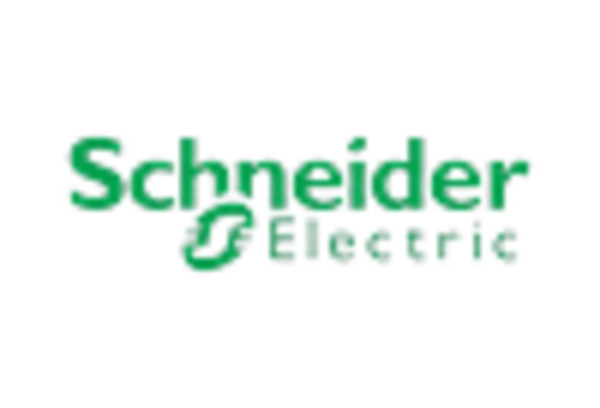Rising Energy Demand
The Hybrid Power System Market is experiencing a surge in energy demand, driven by urbanization and industrial growth. As populations expand, the need for reliable and sustainable energy sources becomes increasingly critical. According to recent data, energy consumption is projected to rise by approximately 30% by 2040. This escalating demand necessitates innovative solutions, such as hybrid power systems, which combine various energy sources to enhance efficiency and reliability. The integration of renewable energy sources with traditional power generation methods allows for a more resilient energy infrastructure. Consequently, the Hybrid Power System Market is poised for growth as stakeholders seek to address the challenges posed by rising energy needs.
Technological Innovations
Technological advancements play a pivotal role in shaping the Hybrid Power System Market. Innovations in energy management systems, smart grids, and hybrid technologies are enhancing the efficiency and effectiveness of power generation. For instance, the development of advanced control systems enables better integration of renewable energy sources, optimizing their use alongside conventional power generation. Furthermore, the emergence of artificial intelligence and machine learning in energy management is streamlining operations and reducing costs. As these technologies continue to evolve, they are likely to drive the adoption of hybrid power systems, making them more attractive to consumers and businesses alike. The Hybrid Power System Market stands to benefit significantly from these ongoing technological innovations.
Regulatory Framework and Incentives
The regulatory landscape significantly impacts the Hybrid Power System Market, as governments worldwide implement policies to promote renewable energy adoption. Incentives such as tax credits, grants, and subsidies are encouraging investments in hybrid power systems. Recent policy shifts indicate a growing commitment to renewable energy, with many countries setting ambitious targets for reducing carbon emissions. These regulatory frameworks not only facilitate the deployment of hybrid systems but also create a favorable environment for research and development. As governments continue to prioritize energy transition strategies, the Hybrid Power System Market is expected to benefit from enhanced support and funding opportunities, driving further growth and innovation.
Economic Viability and Cost-Effectiveness
The economic viability of hybrid power systems is a significant driver for the Hybrid Power System Market. As the costs of renewable energy technologies decline, hybrid systems become increasingly cost-effective compared to traditional energy sources. Recent analyses indicate that the levelized cost of electricity from hybrid systems can be competitive with fossil fuels, particularly in remote or off-grid locations. This economic advantage is attracting investments and encouraging the adoption of hybrid solutions across various sectors. Additionally, the potential for long-term savings on fuel and maintenance costs further enhances the appeal of hybrid power systems. As businesses and governments seek to optimize their energy expenditures, the Hybrid Power System Market is likely to experience robust growth.
Environmental Concerns and Sustainability
Growing environmental concerns are influencing the Hybrid Power System Market, as stakeholders increasingly prioritize sustainability. The need to reduce greenhouse gas emissions and combat climate change is prompting a shift towards cleaner energy solutions. Hybrid power systems, which often incorporate renewable energy sources, offer a viable pathway to achieving these sustainability goals. According to recent studies, transitioning to hybrid systems could reduce carbon emissions by up to 50% compared to traditional power generation methods. This shift not only addresses environmental challenges but also aligns with global efforts to promote sustainable development. As awareness of environmental issues continues to rise, the Hybrid Power System Market is likely to see increased investment and interest from both public and private sectors.
